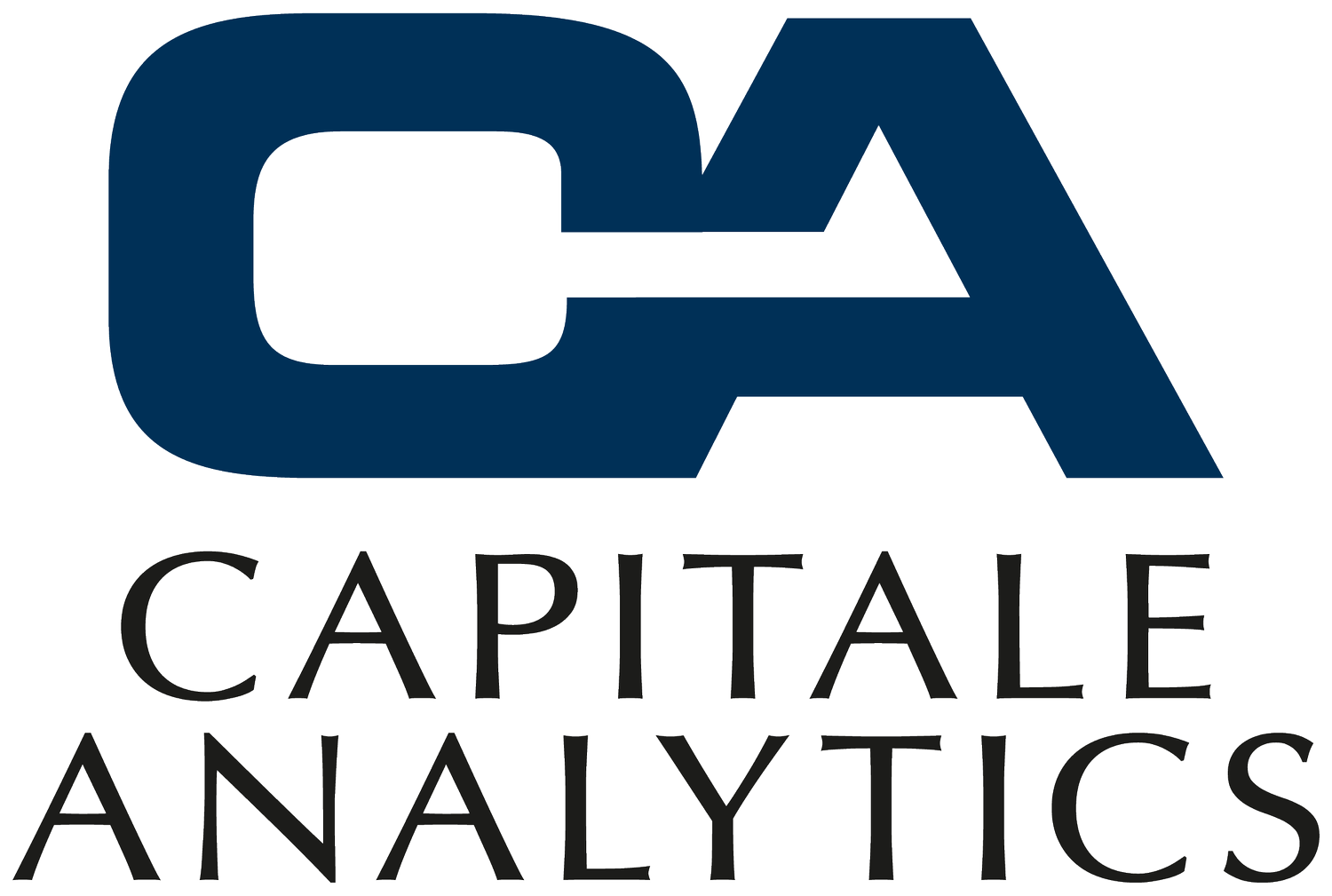
Questions and resources
What is The Uniform Standards of Professional Appraisal Practice?
According to the Appraisal Foundation, The Uniform Standards of Professional Appraisal Practice (USPAP) is the generally recognized ethical and performance standards for the appraisal profession in the United States. USPAP was adopted by Congress in 1989, and contains standards for all types of appraisal services, including real estate, personal property, business and mass appraisal.
Compliance is required for state-licensed and state-certified appraisers involved in federally-related real estate transactions. USPAP is updated every two years so that appraisers have the information they need to deliver unbiased and thoughtful opinions of value.
What does USPAP do?
USPAP is the code of conduct for the valuation industry. It helps guide the appraiser in making ethical decisions. It also sets baseline expectations for reporting and client relations. The document can be freely accessed at www.uspap.org.
Is it a legal requirement to use the USPAP while evaluating M&E appraisals?
No. However, our appraisers, along with those of any reputable firm and industry association in the United States, choose to adhere to USPAP in order to promote transparency and public trust in the profession.
USPAP is not a certification or license of any type, nor is it a legal requirement for M&E appraisals.
Are Capitale Analytics’ appraisers credentialed?
Yes. Our appraisers hold credentials from the American Society of Appraisers and the Association of Machinery and Equipment Appraisers. These two groups are recognized as the premier M&E appraisal industry associations by major industry firms and clients.
Unlike real estate appraisal, M&E appraisal is not a licensed profession. There are no state or federal organizations which certify or sponsor M&E appraisers. USPAP also does not certify M&E appraisers or appraisals.
Does Capitale Analytics perform site visit appraisals?
Yes. In many cases, the only way to gather the required information to support a thorough valuation is for the appraiser to conduct an independent inspection of the assets being appraised.
Our appraisers simply need to ensure that they have the information necessary to develop credible results for the intended use of the assignment. In some cases, information can be easily provided and verified without a site visit, and a desktop appraisal will suffice for the purposes of the assignment.
Without a one-size-fits-all solution for deciding when to use desktops or site visits, our appraisers consider the clients’ cost and timeline pressures to determine the best option for each assignment.

